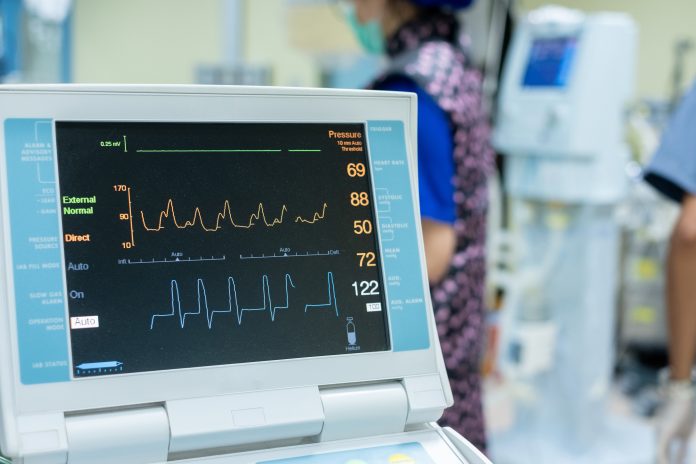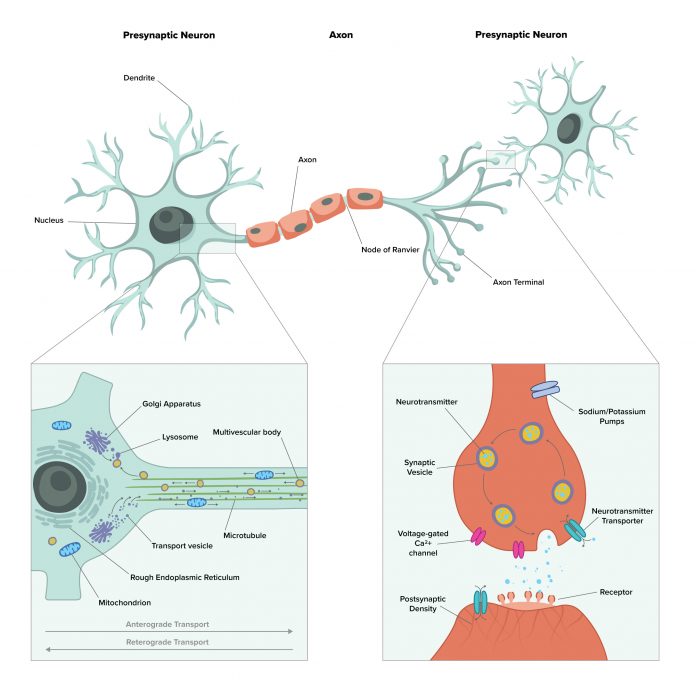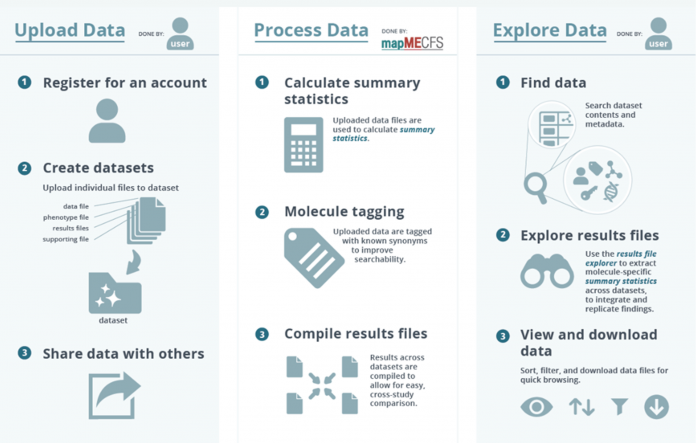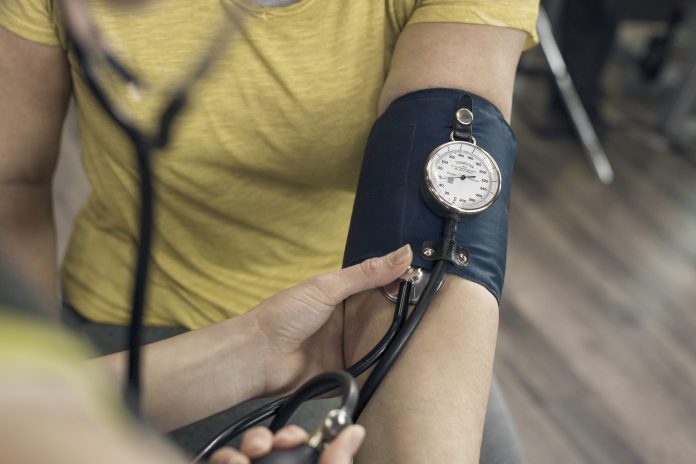Open Access Government produces compelling and informative news, publications, eBooks, and academic research articles for the public and private sector looking at health, diseases & conditions, workplace, research & innovation, digital transformation, government policy, environment, agriculture, energy, transport and more.
Home Search
stroke - search results
If you're not happy with the results, please do another search
The Importance of early cardiac screening for young people
Drawing on the charity’s work, Dr Steven Cox, Chief Executive of Cardiac Risk in the Young (CRY), explains why the UK Government must re-think its approach to specialist cardiac screening to reduce mortality among young people with conditions that can cause sudden cardiac death.
Artificial intelligence to understand and communicate tasks to each other
Scientists have developed artificial intelligence to perform new tasks based on verbal or written instructions.
Contribution of oxidative stress to neurodegenerative disease
Paul A. Hyslop, from Arkley BioTek Indianapolis, details an ongoing specific research approach to identify, characterize, and validate physiologically relevant neuronal targets of H2O2 in designing therapeutics for neurodegenerative disease progression.
UK gender gap in health: How can remote monitoring create fair female healthcare?
Natalie Duffield explains how Inhealthcare – a UK leader in digital health and remote monitoring – is helping NHS organisations to develop and deliver technologies that can help close the gender gap in health outcomes and provide fair access to women’s clinical services.
Christoph Stein, MD/PhD – pHarm Therapeutics Inc.
Christoph was trained in Anesthesiology, Pain Management and Neuropharmacology at Ludwig-Maximilians University Munich, Germany, State University of New York, Brooklyn, University of Washington, Seattle, University of California, Los Angeles, and Max-Planck Institute for Psychiatry Martinsried, Germany.
He has extensive background in basic, translational and clinical research, and in treatment of...
Data and specimen-sharing tools offer new discovery opportunities for ME/CFS researchers
Within the field of Myalgic Encephalomyelitis/Chronic Fatigue Syndrome (ME/CFS) research, two online tools: mapMECFS (Mathur and Carnes, 2021) and searchMECFS play a crucial role in advancing the understanding of ME/CFS by encouraging researchers to share and use data and biospecimens that are stored in centralized and easily accessible data portals.
Understanding and supporting neurological conditions among the incarcerated
Samuel Han and Audrey Nath discuss neurological conditions among the incarcerated, who they argue are a medically underserved population.
New scientific statement raises awareness of heart disease risks for women
Recent evidence reveals the risks and challenges women face regarding heart disease, emphasising the urgent need to prioritise heart health among women.
Why are postmenopausal women more at risk of high blood pressure?
It may surprise you to know that 60% of women over the age of 65 have high blood pressure. So why are postmenopausal women more at risk of high blood pressure? Let's find out.
Is there a link between air pollution and cardiovascular deaths?
The World Health Organization (WHO) has revealed that air pollution is significantly linked to mortality from cardiovascular diseases, with low-income countries taking the burden of its impact.
Should the wider population be paying attention to their blood sugar levels?
Diabetes represents a huge burden on health systems and sufferers, but accurately monitoring blood sugar levels could help people to take control of their health before more serious issues come to light.
The future of AVS, dizziness and vertigo in emergency departments: Part I. Towards a...
In this first of five articles, Dr Millie Nakatsuka discusses the socio-economic implications associated with the diagnosis of acute vestibular syndrome and why more cost-effective and sustainable approaches are needed.
Unleashing the opportunity of digital technologies for developing health systems
Suzanne Wait and Catherine Whicher from The Health Policy Partnership discuss the opportunities to improve populations’ wellbeing and access to care by harnessing innovative digital health tools and technologies.
Can starting your period earlier increase the risk of Type 2 diabetes?
Researchers have suggested a potential link between girls who start their menstrual cycle earlier and the development of Type 2 diabetes.
Ultrananocrystalline diamond (UNCD™) coating for new-generation implantable medical devices/prostheses
In this materials science piece, Orlando Auciello, describes the development of a unique multifunctional/best biocompatible ultrananocrystalline diamond (UNCDTM) coating for new-generation implantable medical devices and prostheses.
Understanding PFAS: Per- and polyfluoroalkyl substances
Carole Anne Wilkinson, Product and Chemical Stewardship Leader at W.L. Gore & Associates, examines regulation around per- and polyfluoroalkyl substances (PFAS).
The heightened health risks climate change has on children and pregnant women
On Tuesday, UN agencies issued a pressing appeal for immediate action, emphasising the significant health threats confronting women, infants, and children as the climate crisis continues to escalate.
European Innovation Council approves €1 Billion in deep tech venture investments
Today, the European Commission announced that the European Innovation Council (EIC) Fund has approved nearly €1 billion in investments for deep tech companies since it commenced operations in September 2022.
Medicinal cannabis: The future of chronic pain treatment?
Alberto Sainz Cort to discuss the prevalence of chronic pain and opioid use in the United States, as well as medical cannabis as a potential treatment for pain.
How can health professionals help to tackle air pollution?
Dr Malcolm White, Clean Air Specialist at the charity Global Action Plan, explains how healthcare professionals can play a vital role in tackling air pollution and educating the public on associated health risks.





















